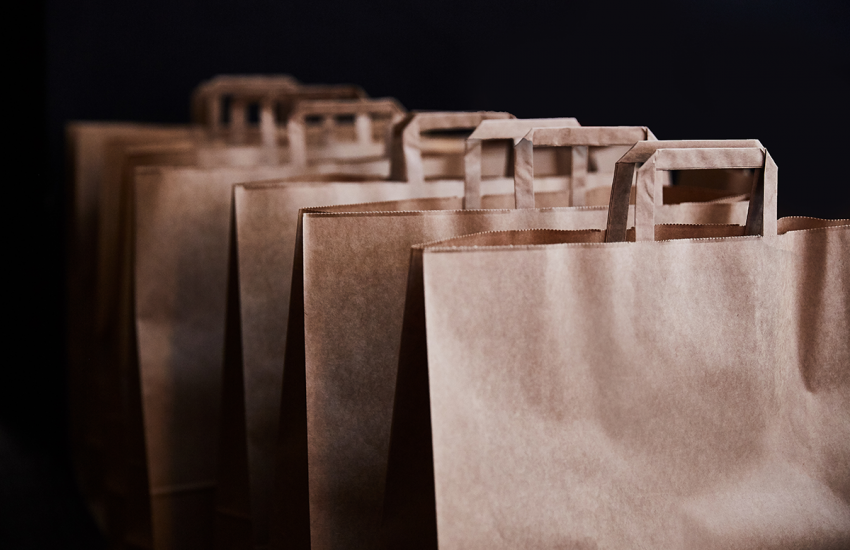New Jersey is slated to join the ever-growing list of states implementing bans on plastic bags, but a bill passed by the New Jersey Legislature on September 24, 2020 takes the regulation one step further—banning paper bags as well.
The bill, originally introduced in January 2020, seeks to ban “single-use plastic carryout bags, single-use paper carryout bags, polystyrene foam food service products, and single-use plastic straws.” While plastics do appear to be the focus of the bill, it includes language that “single-use paper carryout bags use as much or more energy and resources to manufacture and transport than single-use plastic carryout bags and contribute to harmful air emissions.” If the bill is signed into law by Gov. Phil Murphy, New Jersey will become the first state in the country to include paper bags in its ban on single-use packaging.
Proponents of the ban argue that like the process of producing plastic bags, the manufacture of paper bags carries weighty environmental impacts, and experts opine the carbon footprint left by the production of paper bags may actually exceed that of plastic bags. Aside from the obvious impacts of forest clearing and land use, studies have shown that the manufacture of paper bags requires four times more water and significantly more energy than the manufacture of plastic bags. Furthermore, the manufacture of paper bags has been shown to generate three times more greenhouse gases than the manufacture of plastic bags. In 2011, Britain’s Environment Agency conducted a study revealing that paper bags must be reused at least three times in order to have a lower global warming potential than a single-use plastic bag. Additionally, after the manufacturing process, finished paper bags weigh more than plastic bags, which implicates transportation emissions considerations. According to the Environmental Literacy Council, “it would take approximately seven trucks to transport the same number of paper bags as can be transported by a single truck full of plastic bags.” It has also been noted that paper bags are generally larger than plastic bags, which means they take up more space in landfills when disposed of.
Opponents of the bill argue paper bags provide a more environmentally friendly option for consumers, given their recyclability, reusability, and compostability. For instance, the American Forest & Paper Association released a statement urging Gov. Murphy to issue a conditional veto that removes paper from the ban, stating “[i]n voting to become the first and only state in the nation to ban paper bags, the New Jersey Legislature has undermined an environmentally responsible option for consumers.” Additionally, opponents argue that the ban will have negative economic impacts—devaluing union labor jobs in the paper and wood products industry.
New Jersey’s proposed legislation is the first to add paper products to the conversation about the environmental impacts of single-use packaging. As we continue to see states throughout the country propose similar legislation, we may finally get an answer to the age-old question “paper or plastic?” and that answer may be “neither.”

